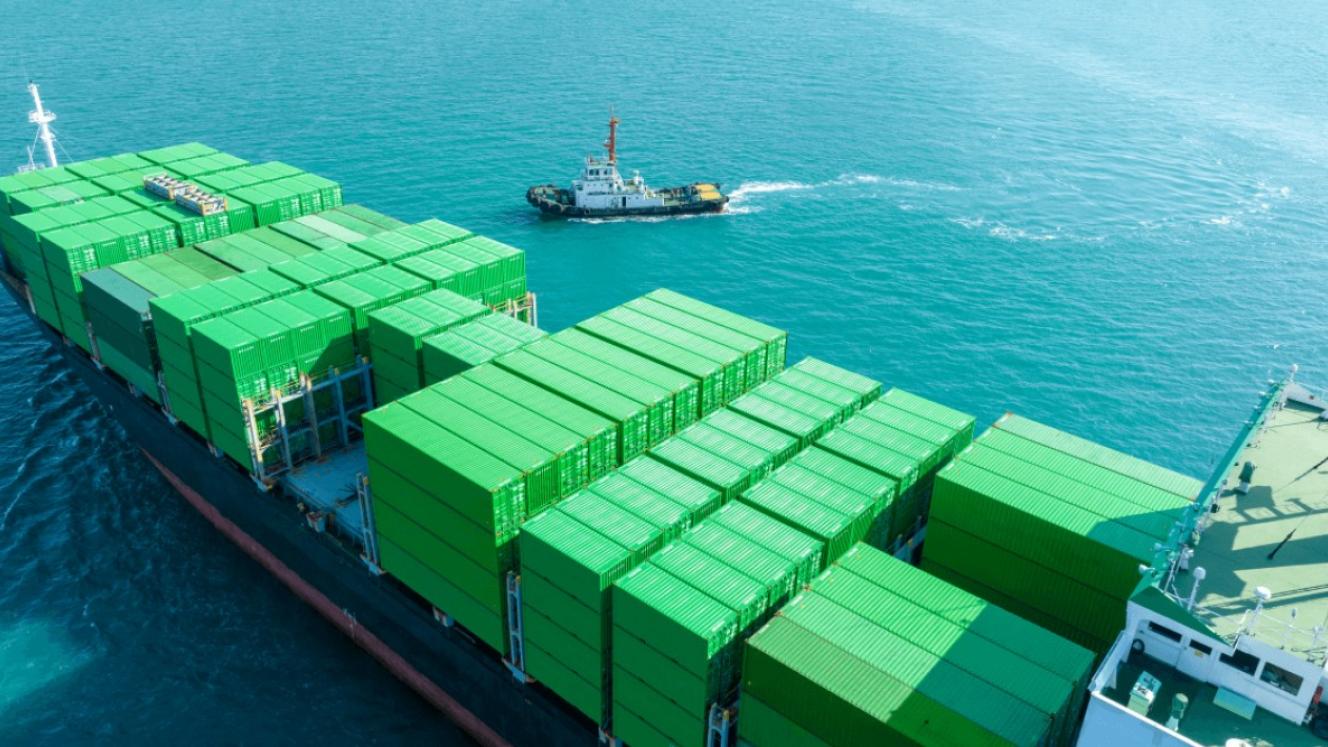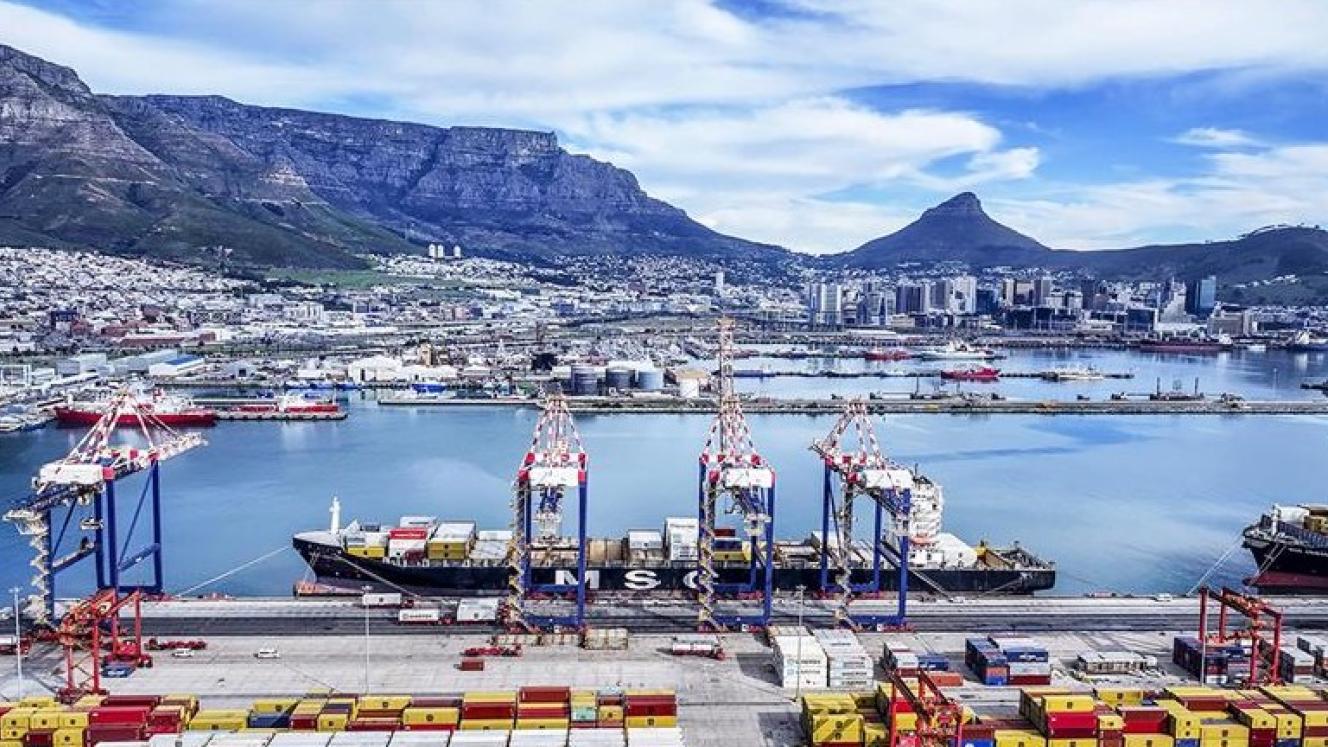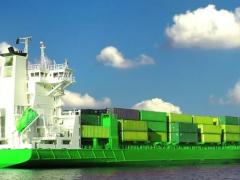In the clearest sign that leading economies are not backing the decarbonisation agenda for the ocean freight industry, the United States and Saudi Arabia have blocked the ratification of the International Maritime Organization’s (IMO) Net-Zero Framework (NZF).
It has been widely reported as an unequivocal indication of divided sentiments over stepped-up environmental control of global shipping.
According to Asia Shipping Media (ASM), it has unsettled regulators, particularly in Europe.
The European Commission has expressed frustration at Greece and Cyprus’s decision to abstain from voting on whether to defer the NZF.
During the Marine Environment Protection Committee’s extraordinary session in London on October 18, delegates voted to postpone discussions for 12 months after failing to reach a consensus or call a vote on the draft amendments to Marine Pollution (MarPol) Annex VI, which contains the framework’s key provisions.
As a result, the shipping industry now faces significantly greater uncertainty and, consequently, heightened risk.
The decision delays any potential adoption of the NZF until late 2026 at the earliest, complicating the timeline for achieving the organisation’s greenhouse gas (GHG) reduction strategy agreed in 2023.
The framework, which was approved in principle at the Marine Environment Protection Committee’s 83rd session in April, provides a detailed description of a global fuel standard and an emissions pricing mechanism.
Together, the two regulations strive to enable net-zero achievement for global shipping by 2050.
Analysts at consultancy Linerlytica have produced a map illustrating how member states voted during this month’s session at the IMO’s London headquarters, revealing a pronounced divide over the NZF.
University College London (UCL) has said that while it is now certain the framework’s entry into force will be delayed by 12 months to January 1, 2029, doubts remain as to whether it will be adopted at all.
Dr Tristan Smith, Professor of Energy and Transport at UCL’s Shipping and Oceans Research Group, observed that instead of providing clarity, the outcome had left the shipping industry, and the wider trade and energy systems, facing increased uncertainty and risk. He argued that understanding the dynamics behind the October meeting was now crucial, not only for any future adoption of the framework but also for ensuring equitable and effective climate action.
Smith added that while lost momentum could still be recovered, the setback brought the world closer to the brink of dangerous climate change.
ASM adds that analysts at investment bank Jefferies suggested that one possible consequence of the indecision could be a renewed focus on conventional fuel engines for new vessel orders, as well as for many ships currently under construction.
The bank indicated that many shipowners might opt to convert their dual-fuel ‘capable’ newbuilds into dual-fuel ‘ready’ configurations to reduce capital expenditure, particularly for deliveries scheduled from 2027 onwards, when engine changes remain feasible.
Jefferies further noted that if there were any advantage to the IMO’s stalled initiatives, it might be a reduction in overall shipping costs.
The Sustainable Shipping Initiative (SSI) stated that the vote had exposed several vulnerabilities within the IMO, including growing politicisation in its decision-making processes and an increasingly fragmented regional consensus.
The SSI added that national administrations’ responses, the development of regional regulations, and the signals these sent to financial markets seeking long-term clarity could all had wide-reaching implications for the sector.













